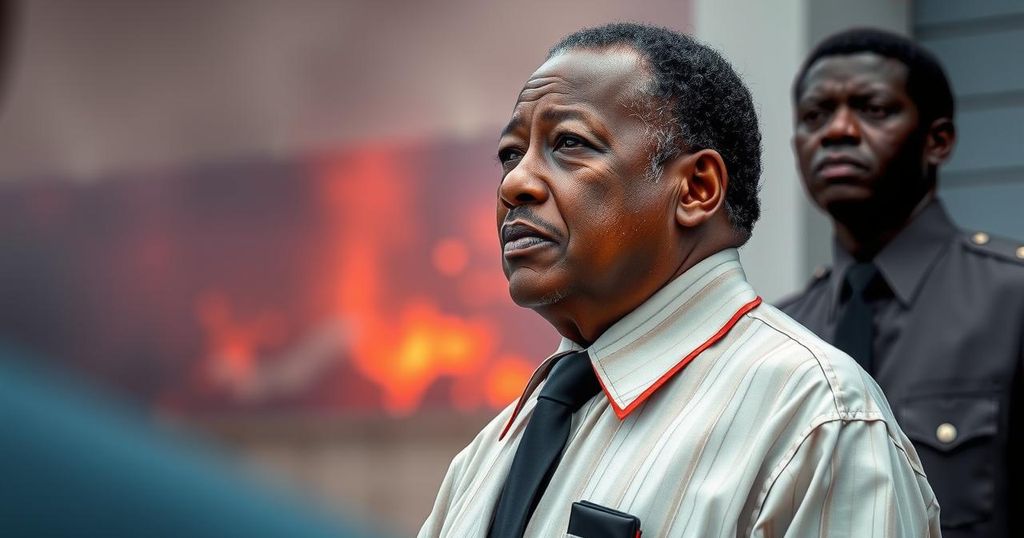Mozambique’s Post-Election Crisis: Challenges Ahead for President-Elect Daniel Chapo
Mozambique faces a profound post-election crisis after President-elect Daniel Chapo’s disputed victory against Venancio Mondlane. The Constitutional Council’s announcement has incited renewed protests, complicating Chapo’s reconciliation efforts and raising concerns of internal conflict within the Frelimo party. The outcome of these developments could significantly impact the country’s economic and political landscape.
Mozambique is undergoing a critical post-election crisis following President-elect Daniel Chapo’s controversial election victory. Chapo, who succeeded in the disputed presidential race against opposition leader Venancio Mondlane, now faces the task of restoring stability amid unrest triggered by claims of electoral rigging. Mondlane’s supporters have renewed protests against the Constitutional Council’s validation of Chapo’s win, complicating prospects for dialogue and reconciliation that Chapo has proposed to address the nation’s divisions. The potential for escalating tensions within the ruling Frelimo party surfaces as any compromise may provoke infighting, thereby hindering efforts to unite the country as it grapples with economic disruption and challenges to regional trade.
The recent elections in Mozambique, held on October 9, were contested amid allegations of fraud, ultimately leading to heightened political unrest. The victory of Daniel Chapo of the ruling Frelimo party was confirmed by the Constitutional Council but was met with skepticism both domestically and from international observers. This scenario has created a precarious environment in which economic stability and regional cooperation are at risk, although Chapo has expressed intentions to prioritize reconciliation and dialogue after his inauguration on January 15.
In summary, Mozambique’s current political climate remains volatile, marked by protests following the disputed election results. President-elect Daniel Chapo’s challenge lies in balancing the need for national reconciliation with the potential backlash from within his party, as well as managing significant unrest among opposition supporters. A peaceful resolution is crucial for restoring economic stability and fostering regional trade, though the path forward is fraught with uncertainty.
Original Source: worldview.stratfor.com




Post Comment